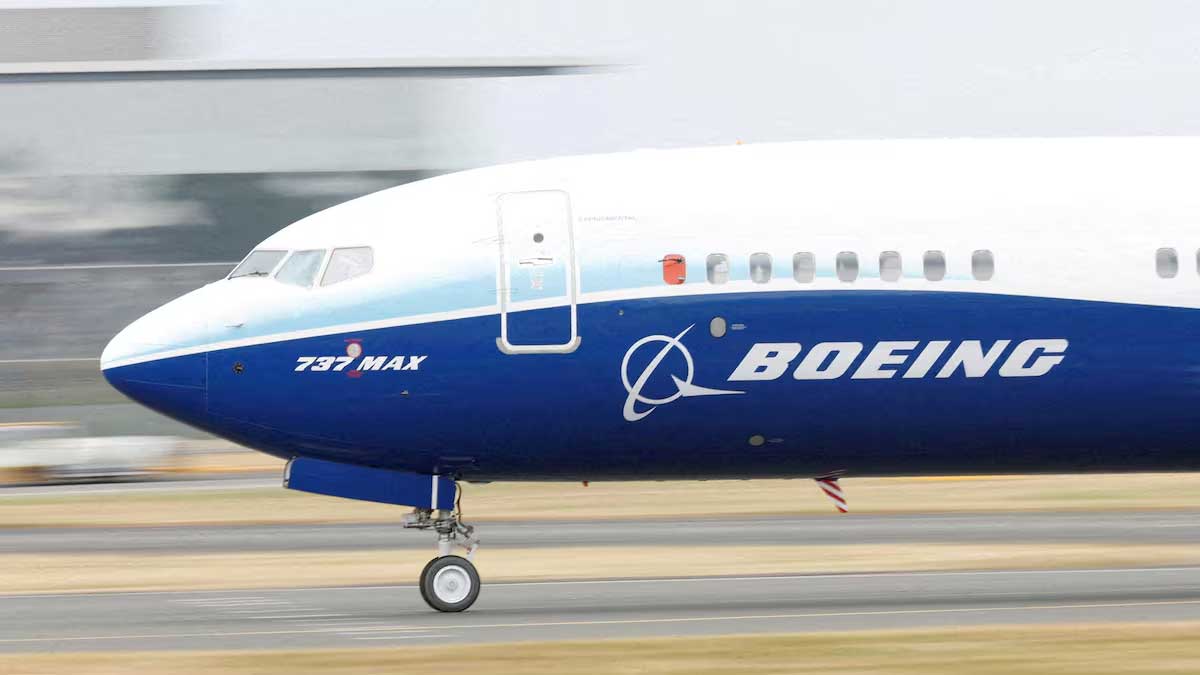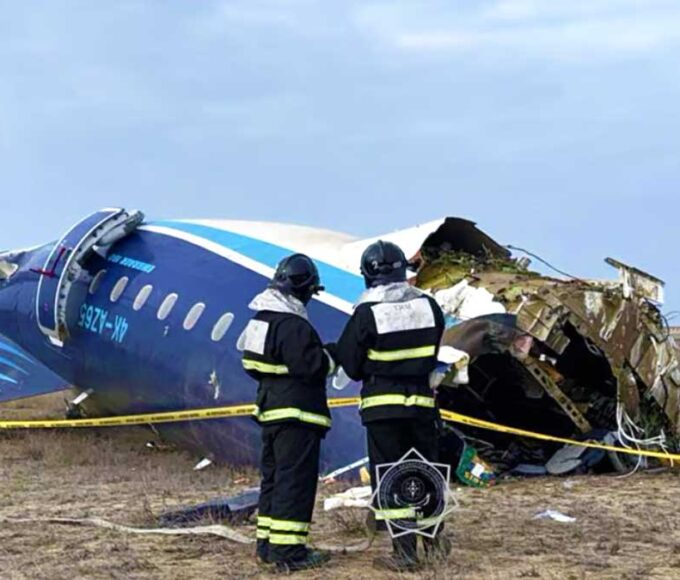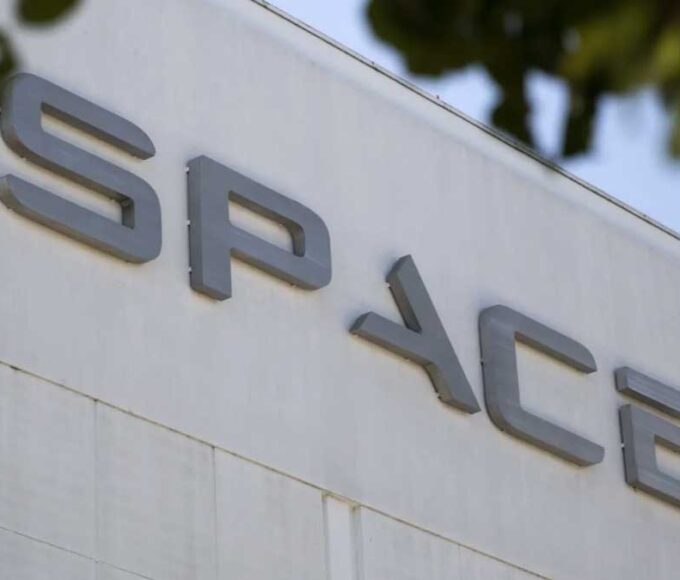- Home
- Billionaires
- Investing Newsletters
- 193CC 1000
- Article Layout 2
- Article Layout 3
- Article Layout 4
- Article Layout 5
- Article Layout 6
- Article Layout 7
- Article Layout 8
- Article Layout 9
- Article Layout 10
- Article Layout 11
- Article Layout 12
- Article Layout 13
- Article Layout 14
- Article Sidebar
- Post Format
- pages
- Archive Layouts
- Post Gallery
- Post Video Background
- Post Review
- Sponsored Post
- Leadership
- Business
- Money
- Small Business
- Innovation
- Shop
Recent Posts
2025: A Crucial Year for Boeing’s Recovery and Future

The coming year will be critical for Boeing as it strives to demonstrate its ability to recover and regain the trust of customers, suppliers, investors, regulators, and competitors. Since the tragic crash of Lion Air Flight 610 in 2018, which exposed serious flaws in its 737 MAX aircraft, Boeing has faced a series of challenges, including production halts, regulatory scrutiny, labor unrest, and a loss of confidence. These issues have reverberated throughout the aerospace industry, impacting both Boeing’s ability to deliver aircraft and the airline industry’s capacity to meet the increasing demand for post-pandemic air travel.
A year ago, Boeing appeared to be on the path to recovery. However, on January 5, 2024, a significant incident occurred when a door plug on an Alaska Airlines 737 MAX 9 failed, causing an uncontrolled decompression. Although a fatal accident was narrowly avoided, the event highlighted ongoing safety concerns. This led to a series of leadership changes, including the firing of the head of the commercial aircraft division, the resignation of the CEO, and the appointment of a new CEO, Kelly Ortberg. Additionally, Boeing faced a month-long strike and the forced layoff of 1,700 employees, all while dealing with production caps imposed by the FAA.
Before the second fatal MAX crash in March 2019, Boeing’s stock had reached an all-time high of $430.19. However, by the end of 2024, the company’s stock had fallen to a 52-week low of $137.03, reflecting a 68% decrease in value. Since Kelly Ortberg’s appointment as CEO, Boeing’s stock has seen a modest recovery, ending the year at $180, suggesting that investors are hopeful for the company’s future progress. To stabilize its financial position, Boeing raised over $25 billion through debt and credit arrangements. The company has also indicated a willingness to sell non-core service units in order to reduce debt and improve cash flow. Nevertheless, Boeing faces a slow ramp-up in the production of its 737 MAX in 2025.
Production of the 737 MAX officially resumed on December 10, 2024, after the resolution of the IAM strike. The company took advantage of the delay to reinforce its quality and safety processes, ensuring a smoother production restart. Achieving steady and consistent production that meets safety standards is vital to regaining the confidence of regulatory agencies like the FAA and signaling to the supply chain that Boeing is back on track. This task will be complicated by the ongoing disruption in the supply chain and issues with component suppliers, particularly the engine manufacturers SAFRAN and General Electric, which produce the CFM LEAP 1-B engines used on the MAX.
After the Alaska Airlines incident, the FAA capped MAX production at 38 units per month, while Boeing had been producing 25 per month before the strike. In 2025, production is expected to gradually increase, with a target of reaching an average of 30 per month by the end of the year. Maintaining this production rate is essential for Boeing to turn the MAX program cash-positive. With a backlog of 4,600 orders and strong demand for new aircraft, consistent deliveries will be crucial to the company’s long-term solvency.
Despite the challenges, the 737 MAX continues to be a popular model, with airlines placing substantial orders. Recently, Turkish low-cost carrier Pegasus announced an order for up to 200 737 MAX 10 aircraft, demonstrating that there is still significant demand for the model. However, Boeing’s recovery is not without hurdles. The company is also grappling with the departure of senior engineering talent, many of whom are leaving due to layoffs or seeking opportunities in other sectors, such as space exploration and electric air vehicles. This talent drain is particularly concerning as Boeing works to develop a new aircraft for the “middle market” segment, which is above the current MAX model.
At the same time, Boeing faces increasing competition from Airbus, which has emerged as the market leader, particularly with its A321 model. The A321 is favored by airlines for its ability to serve the growing demand in the middle market. Additionally, Embraer has been rumored to be exploring a new aircraft for the middle market, potentially challenging Boeing’s position. The company’s ability to recover financially and operationally will be key to maintaining its market share and defending against new competitors.
In 2018, Boeing was producing the 737 MAX at a rate of 52 units per month. Now, the company aims to recover by maintaining a production rate that is 40% lower than that peak, without compromising quality or safety. Achieving this goal in 2025 would lay the foundation for Boeing’s long-term recovery and success.
Boeing’s recovery will depend on several key factors, including attracting new talent and fostering innovation, streamlining management and processes, and rebuilding trust with its supply base and airline customers. If Boeing can successfully address these challenges, it may be able to reverse its market share decline and position itself for future growth. The coming year will be critical in determining whether the company can maintain its upward trajectory. While there are likely to be more leadership changes and organizational adjustments, the next 12 months will determine whether Boeing can return to its former prominence in the aerospace industry.
Recent Posts
Categories
- 193 Countries Consortium Partner1
- 193cc Digital Assets2
- 5G1
- Aerospace & Defense48
- AI37
- Arts3
- Banking & Insurance11
- Big Data3
- Billionaires1,506
- Boats & Planes1
- Business332
- Careers13
- Cars & Bikes79
- CEO Network1
- CFO Network17
- CHRO Network1
- CIO Network1
- Cloud10
- CMO Network18
- Commercial Real Estate7
- Consultant1
- Consumer Tech194
- CxO1
- Cybersecurity73
- Dining1
- Diversity, Equity & Inclusion4
- Education7
- Energy8
- Enterprise Tech29
- Events11
- Fintech1
- Food & Drink2
- Franchises1
- Freelance1
- Future Of Work2
- Games149
- GIG1
- Healthcare79
- Hollywood & Entertainment203
- Houses1
- India’s 1000 Richest1
- Innovation46
- Investing2
- Investing Newsletters4
- Leadership65
- Lifestyle11
- Manufacturing1
- Markets20
- Media327
- Mobile phone1
- Money13
- Personal Finance2
- Policy569
- Real Estate1
- Research6
- Retail1
- Retirement1
- Small Business1
- SportsMoney42
- Style & Beauty1
- Success Income1
- Taxes2
- Travel10
- Uncategorized15
- Vices1
- Watches & Jewelry2
- world's billionaires1,475
- Worlds Richest Self-Made Women2
Related Articles
Friendly Fire and Drone Threats Disrupt Global Airspace
Over the past week, three very different incidents have drawn attention to...
By 193cc Agency CouncilDecember 27, 2024Universe Expanding Faster Than Expected, New Data Shows
Recent findings from the James Webb Space Telescope (JWST) have confirmed something...
By 193cc Agency CouncilDecember 10, 2024Russian Soldier Life Expectancy: One Month Amid Losses
In the ongoing war between Russia and Ukraine, a stark reality faces...
By 193cc Agency CouncilNovember 29, 2024Trump Joins Elon Musk for SpaceX Starship Test Flight
President-elect Donald Trump is expected to attend the latest launch of SpaceX’s...
By 193cc Agency CouncilNovember 19, 2024















Leave a comment